
The Biology program at LMU is a comprehensive four-year program with three tracks that lead to a Bachelor of Science degree. Biology students are immersed in a broad variety of life science and chemistry courses. Students in the Secondary Teacher Education Licensure Program graduate prepared to serve their communities as middle school and/or high school teachers. Students in the Pre-Health Track graduate well-prepared to enter professional and graduate programs in the health professions and beyond. Biology students engage numerous topics including Biochemistry, Molecular Genetics, and Comparative Vertebrate Anatomy. The rigorous and flexible curricula allow our students to fulfill their career goals. Many of our biology graduates have gone on to become medical professionals, teachers, and researchers.
This track provides students with a comprehensive understanding of living systems, from molecules and cells to organisms and ecosystems. This track appeals to students with a curiosity about the natural world and an interest in research, conservation, biotechnology, or the health sciences. Graduates pursue diverse career paths including research, biotechnology, education, or graduate and professional programs in the sciences or health-related fields.
Check out the 4-year plan to see what your time here would look like.
This track offers a life science program tailored for students planning to enter professional programs in medicine, dentistry, pharmacy, and other health-related fields. Students in this track are typically driven, academically focused, and passionate about improving human health. The curriculum emphasizes critical thinking, anatomy, and a deep understanding of biological systems to prepare graduates for success in professional school.
Check out the 4-year plan to see what your time here would look like.
This track prepares students to become effective and knowledgeable biology teachers. It combines a strong foundation in the biological sciences with professional education coursework and hands-on teaching experience. This track attracts students who are passionate about science and committed to inspiring the next generation. Graduates typically pursue careers as licensed educators or continue into graduate education programs.
Check out the 4-year plan to see what your time here would look like.
As part of each track, students can choose from a variety of upper-level electives. These options allow students to tailor the program to their specific interests and ensuring they are prepared for their next steps.

Students partake in laboratory courses that focus on skill sets ranging from general to topic specific. Students are exposed to various various general laboratory skills such as microscopy, dissection, and sterile techniques; molecular techniques in DNA and RNA protocols such as extraction and Polymerase Chain Reaction (PCR); field skills such as bird, mammal, fish, reptile, and amphibian identification; and computer-based skills such as Esri ArcPro, ArcMap, R/RStudio, and PAST statistical software.

Biology majors have the opportunity to conduct research with faculty. These experiences develop technical skills, critical thinking, and scientific and technical writing. Students will have to opportunity to present their research in both poster and oral presentations at a variety of local and regional conferences.
Throughout their time students will partake in a variety of professional development activities, such as CV/resume construction, mock interviews, guidance through the application processes, writing personal statements, and exposure to professionals.

This course offers students the opportunity to explore healthcare-oriented topics to each region of the body through lecture and donor cadaver based anatomy labs. In the laboratory portion, students go to the DCOM anatomy labs to handle and identify donor cadaver structures. Those who enter graduate school report that the class aligned with their graduate courses and were extremely successful because of this exposure.
These unique courses offer students interested in health careers exposure to many different professions through panel discussion with speakers ranging from doctors of Osteopathic and Allopathic Medicine, Physical Therapy, Dentistry, Pharmacy, Optometry, and Occupational Therapy, as well as current professional students. The seminars also guide students through the planning of their early college experiences and the application process.
Accelerated pathways (3 + professional program) are an option for pre-health track students. Students complete three years within the pre-health track to satisfy requirements for the General Education core, the Biology major, and prerequisites for admission to the professional program. To enter the accelerated pathway, students must complete the accelerated pathway declaration form through the professional advising center. Students must submit their application through the Centralized Application Service during the summer between their sophomore and junior years. If meeting benchmarks, including a successful professional school interview, students in the pathway may matriculate into the professional program to begin their fourth year of study. Specific first year curriculum courses of the professional program will transfer as requirements towards the undergraduate major allowing conferral of the Bachelor of Science in Biology Pre-Health Professions Track after the first year of professional school. Accelerated pathways currently exist with the following professional programs:
Students have the opportunity to join a variety of clubs that focus on skill development, have professional and networking opportunities, and provide various volunteer opportunities. Some clubs of interest include:
The Cumberland Mountain Research Center provides students with research and volunteer opportunities in the field.
Many of our biology graduates have gone on to become healthcare professionals, teachers and researchers. Our students go on to attend various professional and graduate programs.
Lincoln Memorial University (DeBusk College of Osteopathic Medicine, Physician's Assistant, Dental)
University of Tennessee School (Medical School,School of Dentistry, Pharmacy School)
South College (Pharmacy, Physician's Assistant)
Nova Southeastern University- College of Optometry
Southern College of Optometry
University of Kentucky’s College of Dentistry
University of Louisville School of Medicine
Bill Gatton College of Pharmacy
McWhorter School of Pharmacy, Samford University
University of Arkansas, Biology
Lincoln Memorial University Masters of Science
Middle Tennessee State University, Molecular Biology
Touro University California, Public Health, Global Health
UNC Chapel Hill Master of Public Health in Global Health
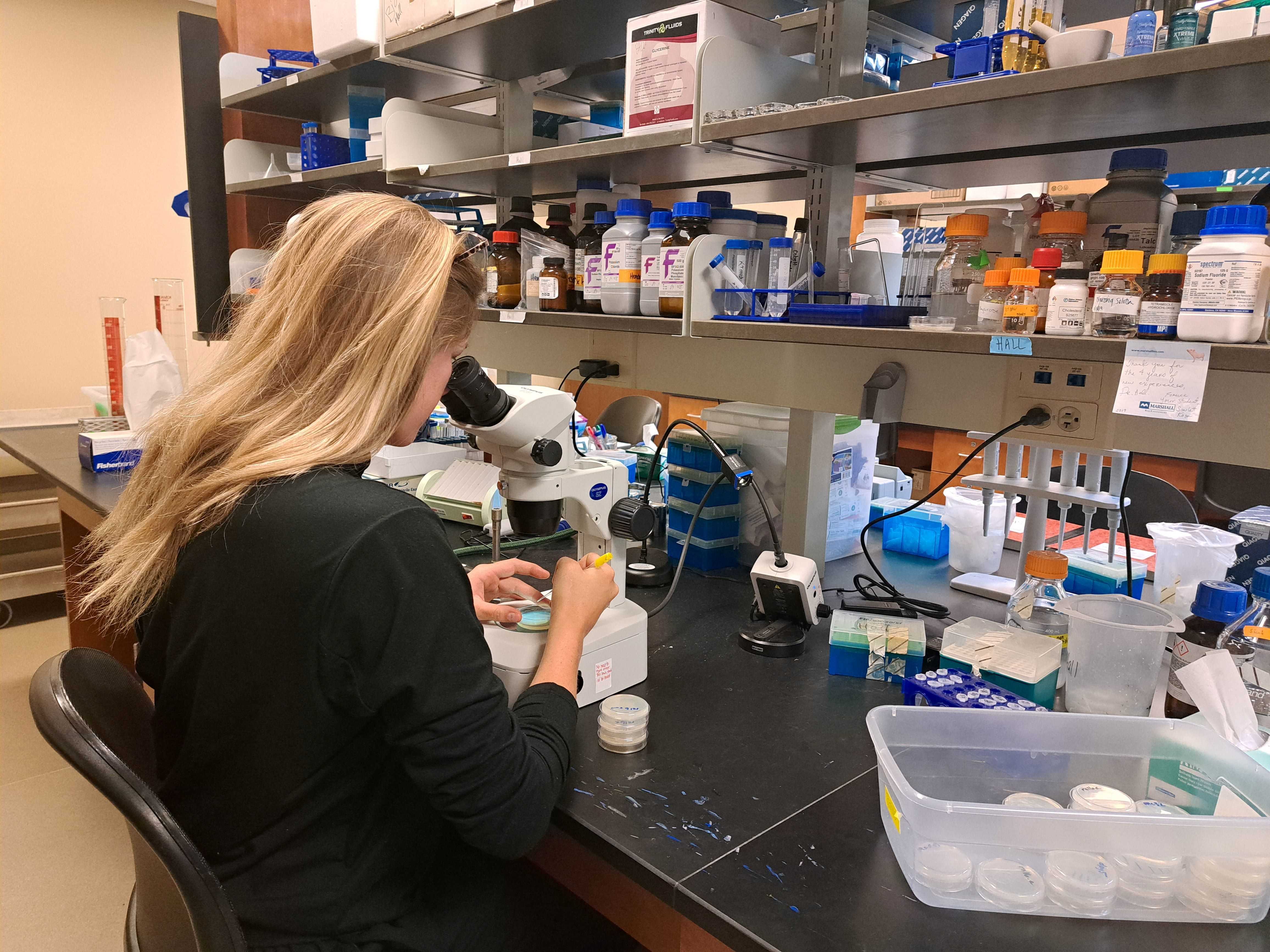




Research Interests: Human physiology and anatomy as well as professional school test preparation
Courses: Human Anatomy and Physiology I & II (BIOL 261/L & 262/L), General Physiology (BIOL 365/L), Advanced Human Anatomy (BIOL 411)
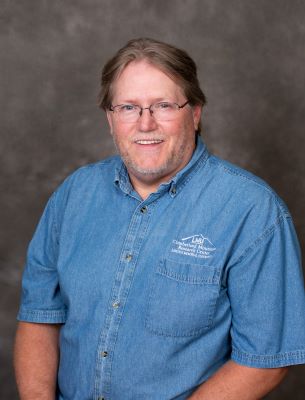
Research Interests: Community ecology, habitat corridors, and insect biodiversity. He leads field experiences in Costa Rica and Belize, embedding students in international projects.
Courses: Entomology (BIOL 350/L), Herpetology (CBIO 340/L), Mammalogy (CBIO 360/L), Land Use and Environmental Policy (CBIO 370)
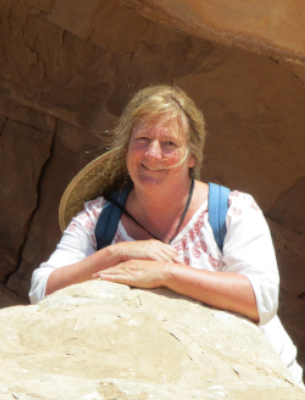
Research Interests: Historic and recent anthropogenic factors focuses on restoration ecology, conservation botany, and park biodiversity
Courses: Botany (BIOL 320/L), Field Botany (BIOL 330/L), Soils (CBIO 250/L), Enivornmental Science (ENVS 100)

Research Interests: Understanding the role of food as a transmission route and a reservoir for these bacteria, as well as the transfer of antimicrobial resistance through the food chain. Specifically, looking for strategies to prevent pathogenic and drug-resistant bacteria from entering the food system and posing risks to public health.
Courses: Intro to Biology (BIOL 100/L), Microbiology (BIOL 230/L), General Microbiology (BIOL 336/L), Topics in Microbiology (BIOL 430)

Research Interests: Biochemistry education, AI-enhanced teaching, and student engagement in the life sciences by exploring innovative approaches to narrative-based pedagogy, the integration of artificial intelligence in STEM education, and strategies for fostering critical thinking and deeper learning.
Courses: General Biology I (BIOL 111/L), Biochemistry I & II (BIOL 441 & 442/L)

Research Interests: Toxicological effects of heavy metals on the model organism C. elegans. Specifically, looking at the effects of heavy metals on aging. Student projects focus on a stressor choosen by the student.
Courses: Pre-health Professions Seminar I & II (BIOL 194 & 294), Molecular Genetics Lab (BIOL 315L)
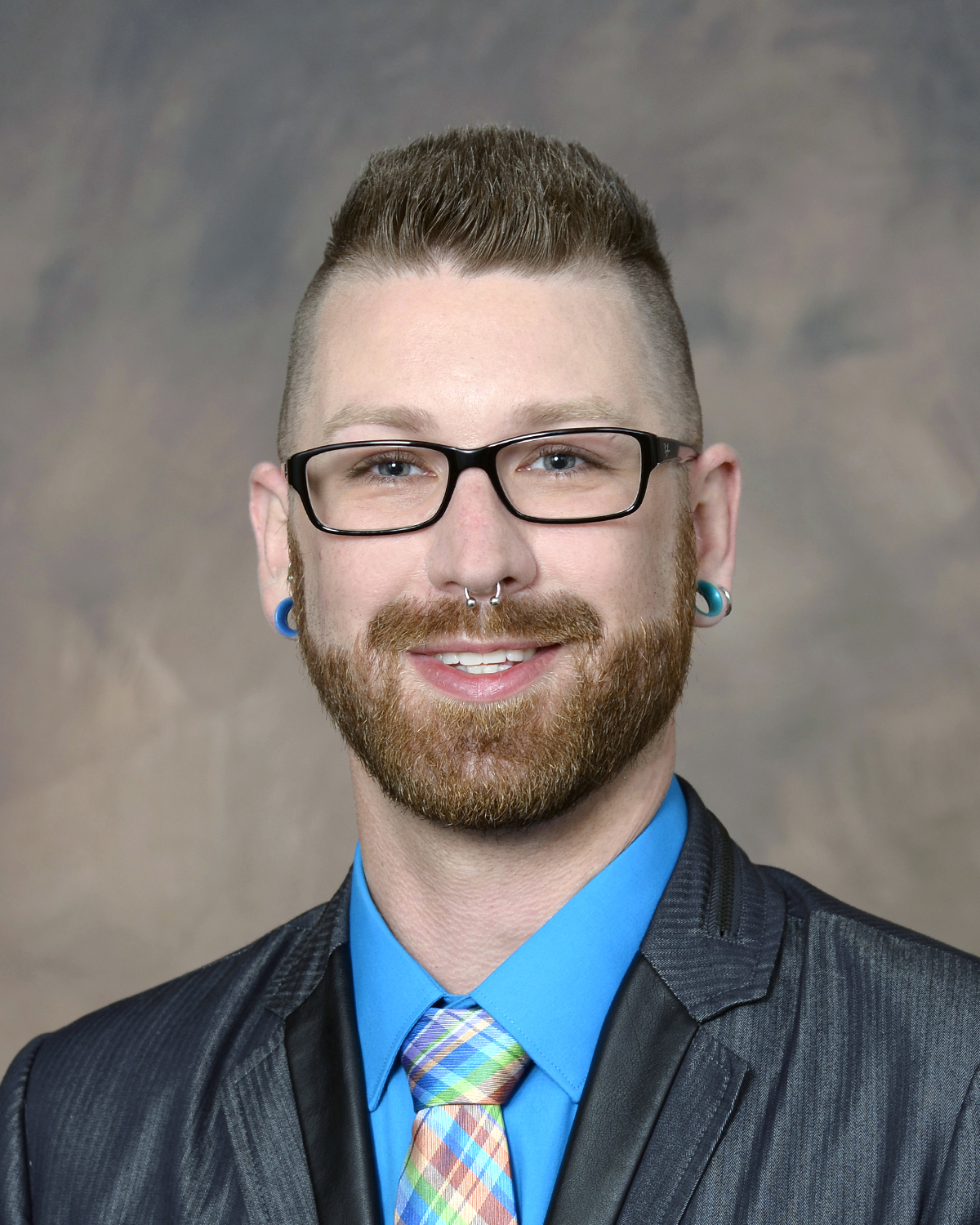
Research Interests: Host–pathogen interactions in the lymphatic system; microbiology and infectious disease; cellular and molecular immunology; and the genetic and molecular mechanisms that shape disease outcomes.
Courses: General Biology I & II (BIOL 111/L & 112/L), Molecular Genetics Lab (BIOL 315L), Immunology (BIOL 360), Molecular Cell Biology (BIOL 450)
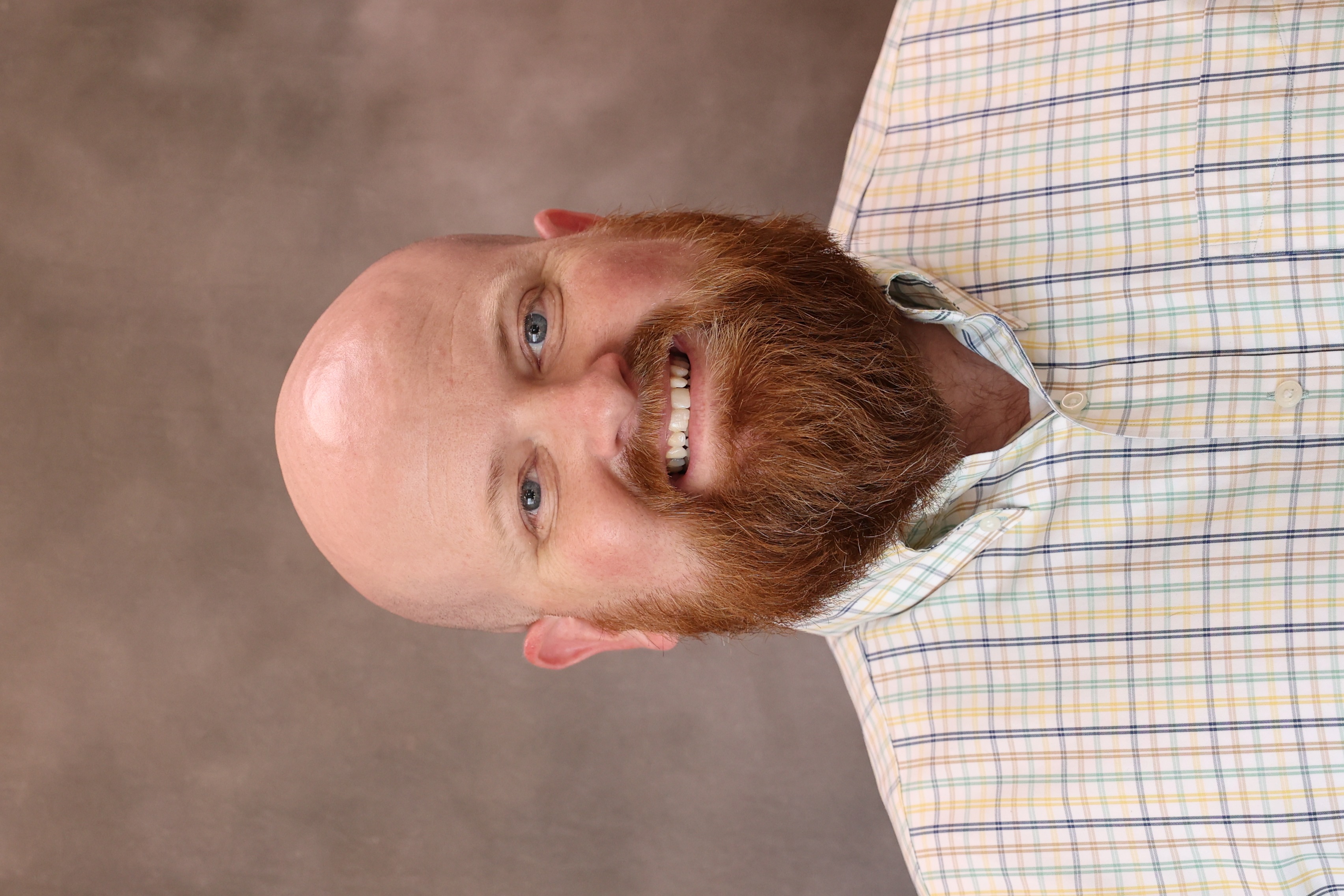
Research Interests: Utilizing genetic and genomic tools for identification of pure and hybridizing populations combined with fisheries science and landscape ecology to aid in the development of conservation and management and how anthropogenic disturbances affect fish habitat and facilitate hybridization between fish species.
Courses: Molecular Genetics (BIOL 315/L), Jr Science Seminar (BIOL 397), Wildlife Management (CBIO 210), Freshwater Fisheries Management (CBIO 220/L), Ichthyology (CBIO 330/L)
Courses: Intro to Biology (BIOL 100/L), General Biology I & II (BIOL 111/L & 112/L), Human Anatomy and Physiology I & II (BIOL 261/L & 262/L)

Research Interests: Veterinary parasitology including gastrointestinal helminths and trematodes. Wildlife infectious disease including Trypanosomes and Trichomonas. Gut microbiome of wild mammals. Utilizing road-killed animals for infectious disease research
Courses: General Biology I & II (BIOL 111/L & 112/L), General Microbiology (BIOL 336/L), Jr pre-med Seminar (BIOL 387), Topics in Microbiology (BIOL 430)
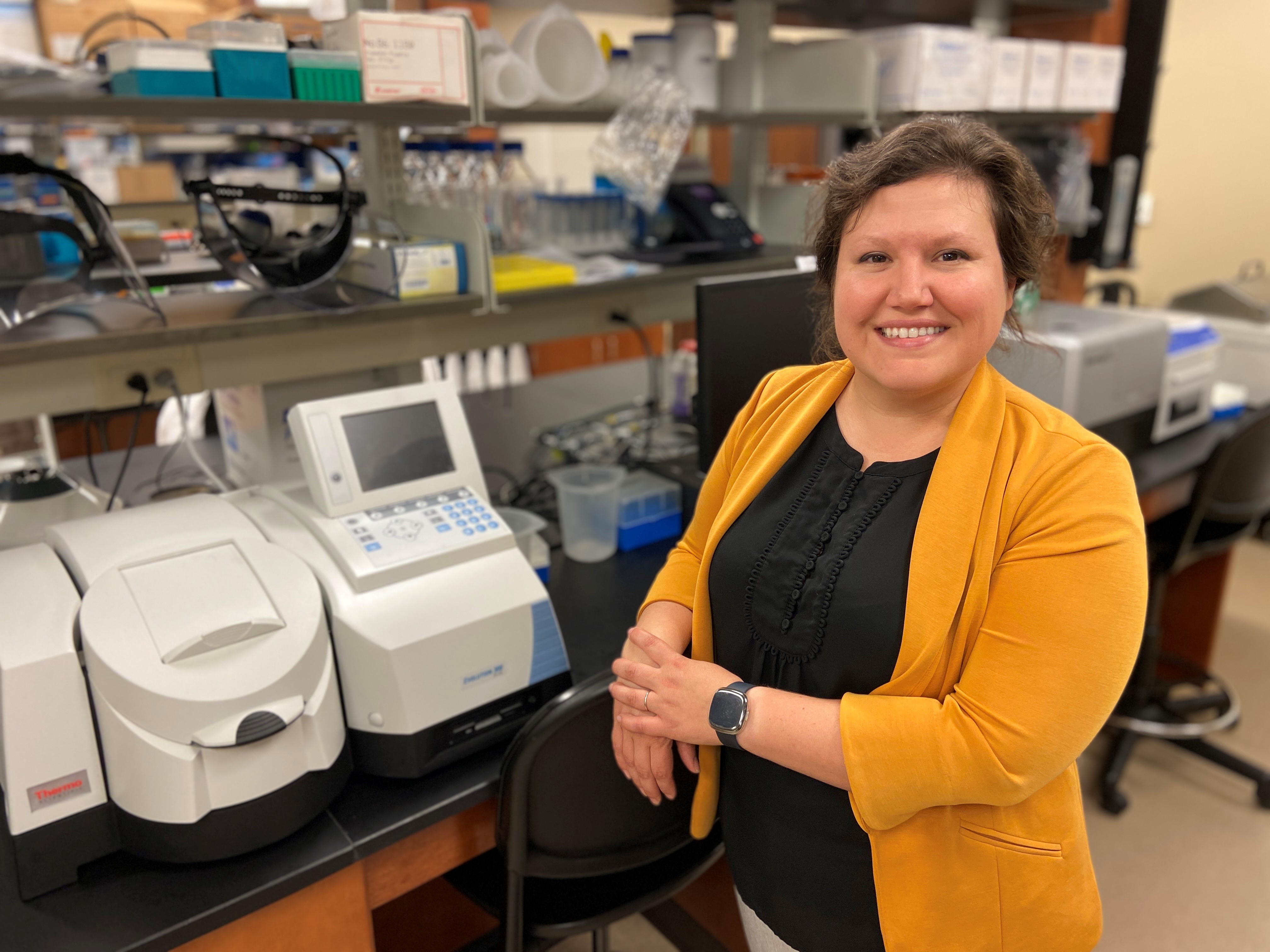
Research Interests: Molecular identification of vector-borne pathogens, eDNA identification of cryptic species, and spatial analysis
Courses: Writing in the Life Sciences (BIOL 290), Ecology (BIOL 370/L), Sr Science Seminar (BIOL 497), Geographical Information Systems I & II (CBIO 421 & 422)
Courses: Human Anatomy and Physiology I & II (BIOL 261/L & 262/L), Comparative Human and Vertebrate Anatomy (BIOL 310/L), Advanced Human Anatomy (BIOL 411)

Research Interests: Behavioral ecology and population dynamics of avian species, including survival, reproduction, movement, and habitat use patterns of cavity nesting birds. Student research also focuses on the ecological impacts of human-altered environments on vertebrates and macroinvertebrates.
Courses: General Biology II (BIOL 112/L), Research Design and Analysis (BIOL 380), Sr pre-med Seminar (BIOL 487), Ornithology (CBIO 350/L)
For more information about Biology, please contact:
Dr. Julie Hall | 423.869.6067 | Julie.Hall02@lmunet.edu